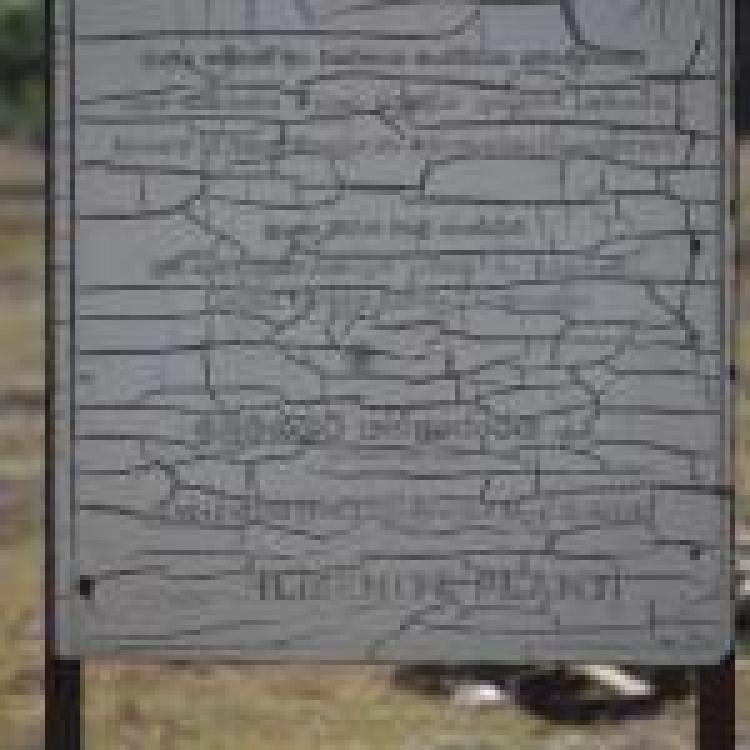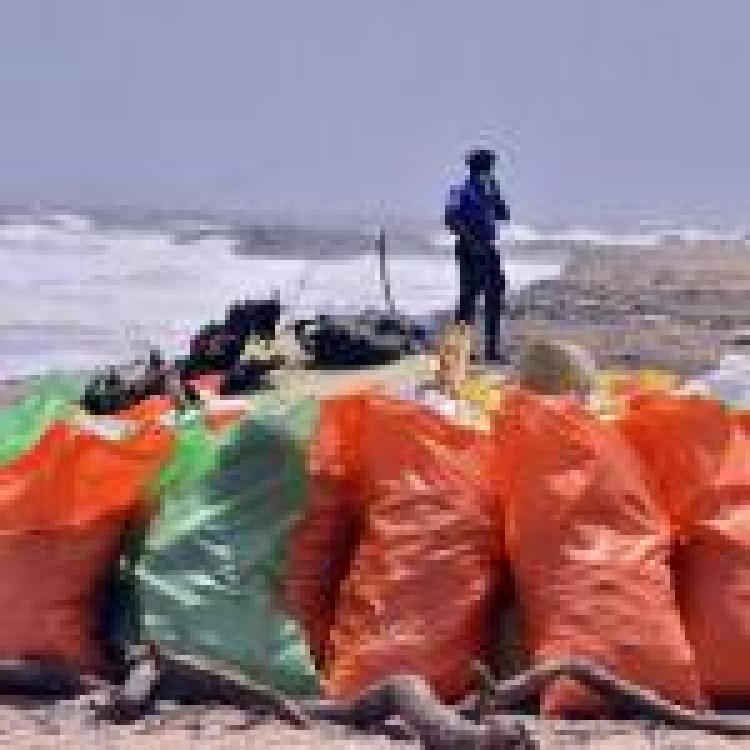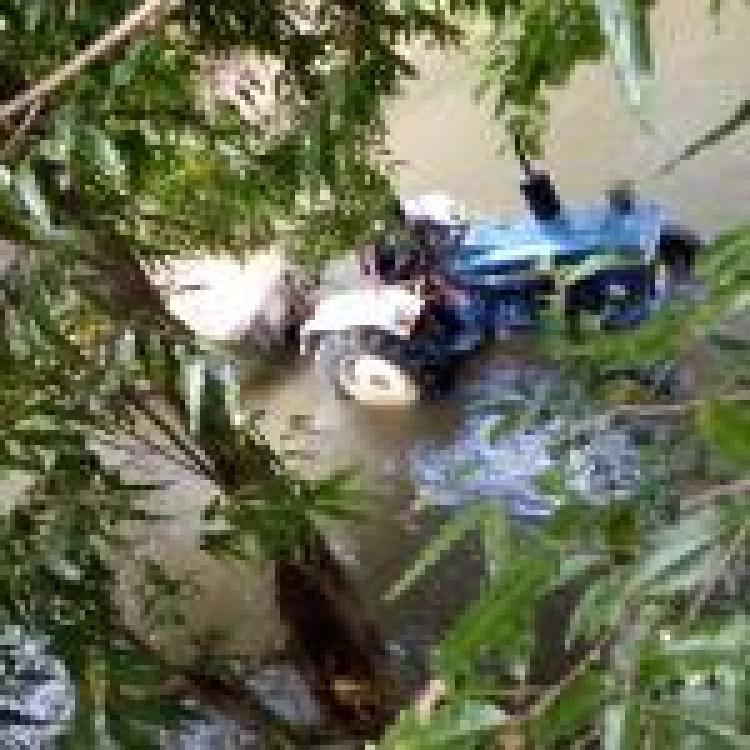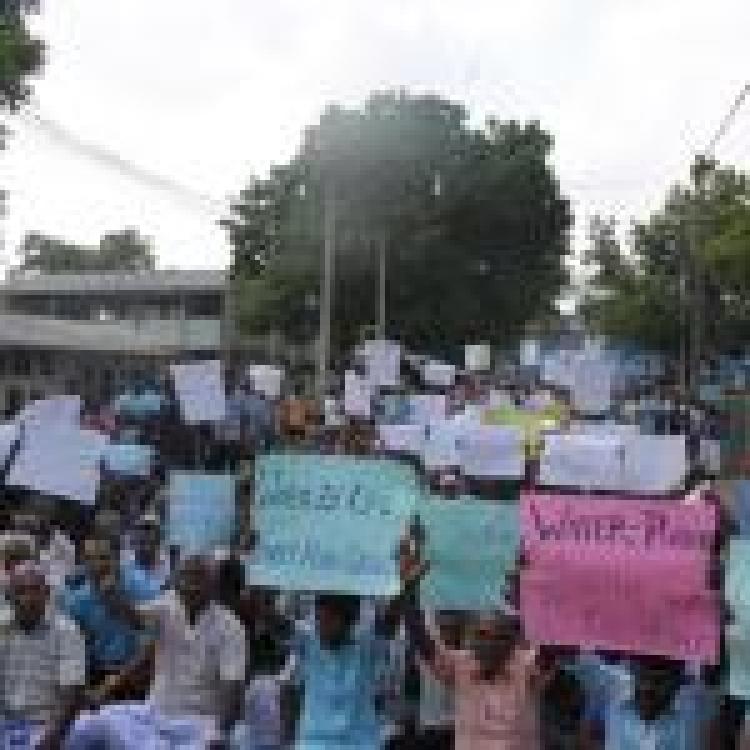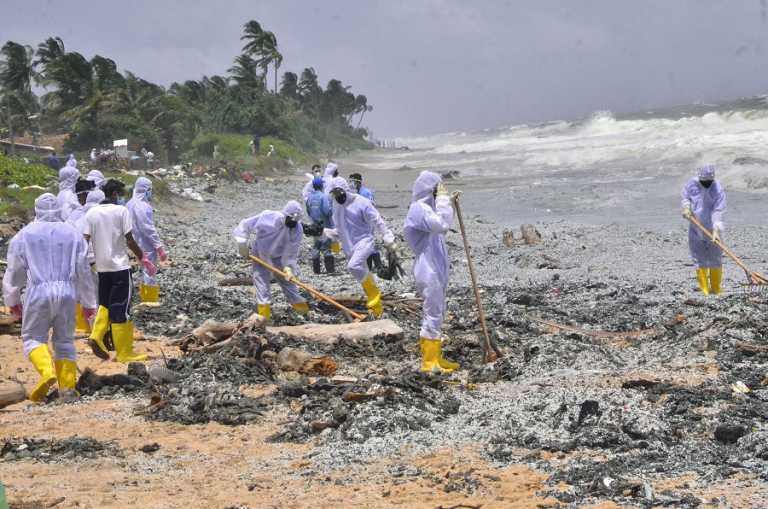 Environmental activists condemned the failure of the Sri Lankan government and its agencies in addressing “the environmental damage and damage to livelihood of fishermen” caused by the X-Press Pearl disaster in May.
Environmental activists condemned the failure of the Sri Lankan government and its agencies in addressing “the environmental damage and damage to livelihood of fishermen” caused by the X-Press Pearl disaster in May.
On May 20, a nitric acid leak set the X-Press Pearl ablaze causing the worst environmental disaster in the island's history. At the time authorities banned fishing within a 50-mile radius of the scene because the ship was reportedly carrying 25 tonnes of dangerous chemicals and 28 containers of raw materials used to make plastic bags that spilt into the Sri Lankan coast.
Executive Director of the Centre for Environmental Justice, Hemantha Withanage said the Marine Environment Protection Authority (MEPA) and National Aquatic Resources Research, Development Agency (NARA) and other local bodies “have not done justice to this issue.”
He reported that during the fire “70 to 75 billion plastic pellets [...] dropped into the ocean.” Likely these pellets would take up to 1000 years to decompose, most would be converted into microplastics and any fish that ate the contaminated plastic would likely die.
“Over 2000 turtle deaths” are reported to have occurred in addition to “around 45 dolphins [and] some whales,” he said. Withanage also criticised the government's failure in compensating affected fishermen due to poor management of insurance programs.
Sri Lanka’s Criminal Investigation Department initially launched an investigation into the shipwreck with over 900 state officials deployed to assess the damage. However, Withanage stated that despite “apparent” chemical contamination SL authorities have failed to formally address the cause of these “deaths and damages.”
Withanage urged the authorities to be wary of a possible oil spill as the ship was carrying 300 tonnes of fuel in its tanks. He warned that a leak could “emerge at any time.”
Read more here.

